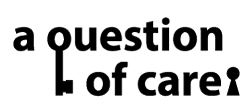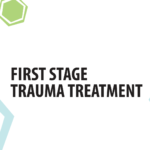When asked about the barriers that keep people with substance use issues from seeking help and making change around their substance use, people in Peterborough most often responded that the fear of being judged kept them from seeking help.
Words really matter – In moments when an individual seeks help – the response from a health or social service professional will make a huge difference in an individuals level of engagement – both with the agency or organization, as well as their engagement with their own care.
Some of the key factors that impact the likelihood of a client to engage in change behavior include eliciting the individuals voice in the process. Motivational Interviewing and Brief Action Planning are techniques that help to bringing an individual’s inner voice forward. Service providers can learn techniques to elicit an individuals voice – what they want, what their strengths are, what they perceive to be needed – and strengthen the person’s voice by reflecting it back to them. This technique is effective because when someone hears their own voice speaking what they need to do – the likelihood of them following through with action to realize their identified change is much greater than traditional methods of following prescribed action as suggested by a professional.

